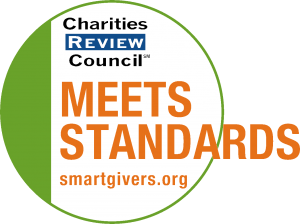Mission Statement
Hope Community creates connections that strengthen the power of community members and communities. We cultivate community leaders, build community capacity, care for the places and spaces we develop, and pursue equity and diversity in all we do.
Impact and Programs
Accomplishments
In the last year, Hope continued providing affordable housing to more than 700 individuals and families, advanced two additional housing developments in Minneapolis and St. Paul, and provided Community Ownership for two cohorts of individuals seeking to achieve homeownership by becoming owner-occupant landlords of small multi-family housing complexes. Further, we maintained community engagement programs focused on youth leadership and learning, food and environmental justice, community organizing through engagement with Minneapolis Parks, and public movement-based art in the form of community murals. All of our engagement work continues to be rooted in our community listening process, so program development is led by what community members have articulated will strengthen and build the assets of themselves and their community.
Current Goals
In the current year we will continue to provide affordable housing, and we are especially excited to have begun construction on 7 new units of housing at the 628 Franklin building in Minneapolis, in partnership with the City of Lakes Community Land Trust. We will continue providing Community Ownership training for those aspiring to homeownership by becoming owner-occupant landlords of multi-family housing. We will also continue our community engagement programming: youth leadership and learning, food land and community, parks and power, and the art of radical collaboration. Internally, we are working to better share our internal learning processes, and how our organizational learning informs the iterative nature of our community-based work.
Community or Constituency Served
Hope focuses on engaging residents of the Phillips neighborhood in South Minneapolis where our programs are headquartered, and we operate affordable housing. Participation in our programming is not limited by geographic area, though, and we engage people from across the metro in various aspects of our programming and organizing work.
Geographic Area Served
Hope primarily serves the Phillips neighborhood in South Minneapolis. This is where our offices and programs are headquartered, and this is where we operate affordable housing.
